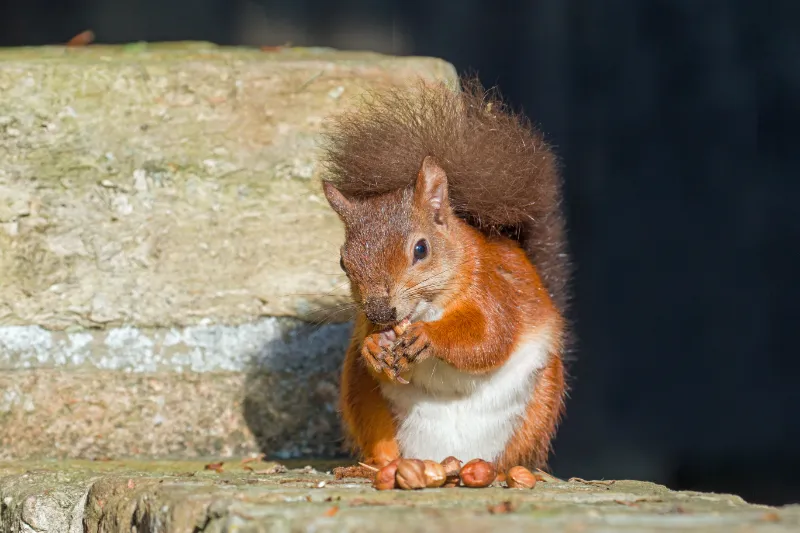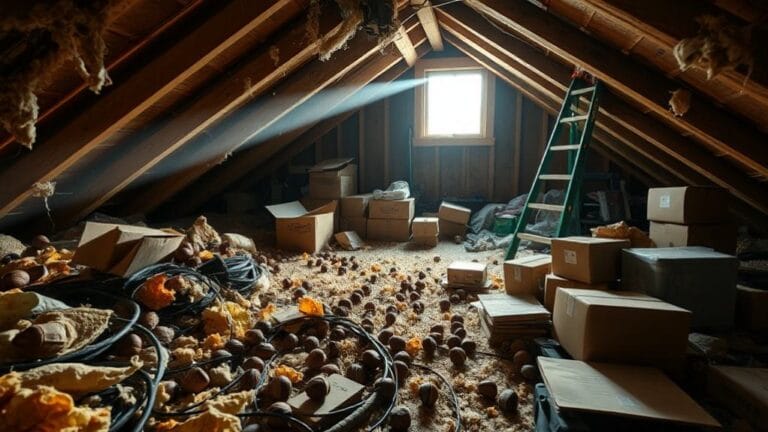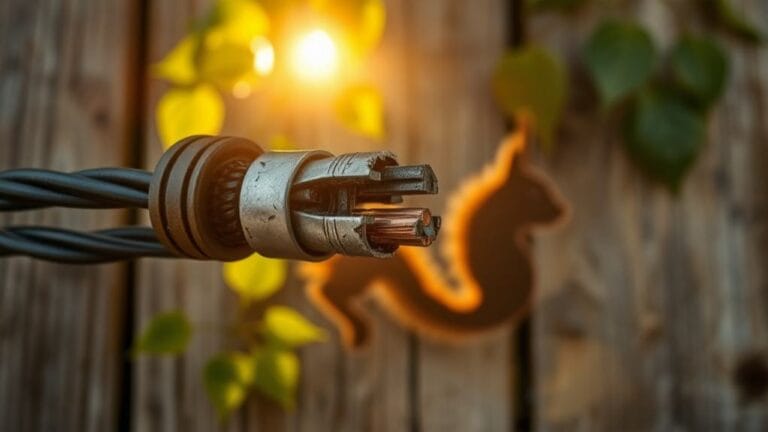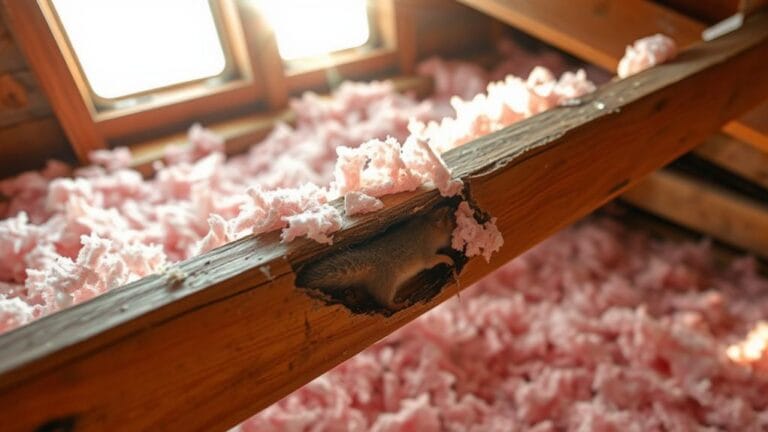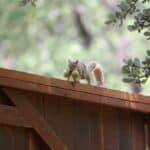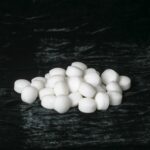Are you looking for ways to protect your home from pesky critters?
Has a squirrel found its way into your walls, and you’re wondering if it can cause any real damage?
Well, fret no more! In this blog, we’ll explore why squirrels chew through walls, what materials they can easily gnaw through, the signs of them doing so, how to keep them from entering your home, and tips for keeping them out in the future.
By the end, you’ll better understand how to protect your property from these pesky critters. Read on to learn more!
Why do Squirrels Chew Through the Wall?
Table of Contents
Squirrels are notorious chewers and don’t discriminate regarding what they gnaw on. They can easily chew through wood, drywall, and even metal.
This is because they need to build nests and find food, and chewing is the best way. Not only will they gnaw through these materials, but they can also damage the insulation and wiring within walls.
Squirrels are adept climbers who can easily navigate vertical brick walls in search of food and shelter. They may also chew through eaves to access your home’s ceilings.
To prevent squirrels from damaging your home, you must understand why they chew and how to deter them.
What Materials are Easily Chewed Through by Squirrels

Drywall, roof shingles, and even fascia boards are all vulnerable to sharp teeth.
They can also chew through softer metals like aluminum, though more durable metals such as galvanized steel and stainless steel are more challenging to penetrate.
Wire mesh and chicken wire are also vulnerable to their chewing abilities.
If a squirrel has access to your home, it’s essential to be aware of the materials they can chew through so you can prevent them from gaining entry to your living space.
Signs of Squirrels Chewing Through the Wall
If you suspect that there may be a squirrel or two in your walls, it’s essential to look out for telltale signs of their presence.
A sure sign that squirrels have been gnawing their way inside is the presence of chewed holes and scratches, and claw marks.
Squirrels use their solid and razor-like teeth to chew through almost all materials that your home is made of to gain access.
Keep an eye out for other signs, such as small piles of debris or chew marks on furniture, as these can indicate a squirrel’s presence.
Do Squirrels Chew Through Brick Walls?
Do you have a brick wall in your house or yard and wonder if squirrels could chew through it?
The answer is more complex than a yes or no. While squirrels may not be able to chew through a solid brick wall, they certainly can if there’s a compromised area.
Dry mortar and crumbling sites can provide an accessible entrance for these gnawing rodents.
The honest answer is that it depends on the condition of the wall. To ensure your walls are safe from squirrels, you’ll need to squirrel-proof your home.
This means ensuring there are no weak spots or cracks in your walls and sealing any openings that could provide an entrance.
Setting up some physical barrier around your home’s perimeter can help keep these pesky critters out.
How to Deter Squirrels from Chewing Through the Wall
If you’re worried about squirrels chewing through your walls, there are a few things you can do to deter them.
- Start by sealing off potential entry points, such as holes or gaps in the walls or attic.
- To prevent them from chewing through more complex materials like brick, you can use metal flashing or wire mesh to cover the area.
- You can install motion-activated sprinklers or lights to scare away any squirrels who come close.
- You can use repellents such as hot pepper or ammonia-soaked cotton balls near entry points and around the perimeter of your home to keep squirrels away.
Squirrel-Proofing Your Home
You can ensure that squirrels won’t be able to enter your home by squirrel-proofing it.
To do this, start by inspecting your home’s external walls and roof for any signs of gnawing or holes, and close them up with steel wool or other materials that squirrels won’t be able to chew through.
- You can add metal flashing over any vents or other openings to prevent them from being able to use these as entry points.
- Place a one-way door on the entrance of any active squirrel holes to allow them to exit but not re-enter humanely.
Taking these steps will help protect your home from pesky squirrels and prevent them from causing costly damage.
What to Do if You Find a Squirrel in Your Home
You should take immediate action if you find a squirrel in your home:
- Identify the entry points the squirrel used to get into your home and seal them with heavy-duty materials.
- Look for any signs of damage that the squirrel may have caused. If the squirrel has damaged wiring or insulation, contact a professional to repair it.
- Set humane traps with bait to catch the squirrel and release it back into the wild away from your home.
It is essential to do this quickly to avoid any further damage or disruption caused by the nuisance animal.
Resume: Tips and Tricks for Keeping Squirrels Out of Your Home
Keeping squirrels away from your home can be challenging, but some tips and tricks can help.
- To start, seal up any cracks or holes in your home’s exterior walls, as this will prevent squirrels from entering.
- Use steel wool to plug small openings so squirrels will not try chewing their way through.
- Setting up a motion-activated sprinkler system or bright lights near vulnerable areas can help keep squirrels away.
- You can also try soaking rags in cider vinegar and setting them around the attic; the smell of vinegar is an effective deterrent for many animals.
- If you have a problem with squirrels chewing through brick walls, consider installing mesh netting or wire mesh against the affected area.
With these tips and tricks, you can keep squirrels away from your home for good.
Conclusion
In conclusion, squirrels can cause a lot of damage to your home if not kept out.
They can chew through walls and other materials, such as aluminum and wood, which can lead to costly repairs.
Inspecting your home regularly for signs of squirrels, such as chewing or scratching noises, is essential.
If you find a squirrel in your home, contact a wildlife professional to ensure that it is safely removed.
With the proper precautions, you can ensure that squirrels stay away from your home and out of your walls!

